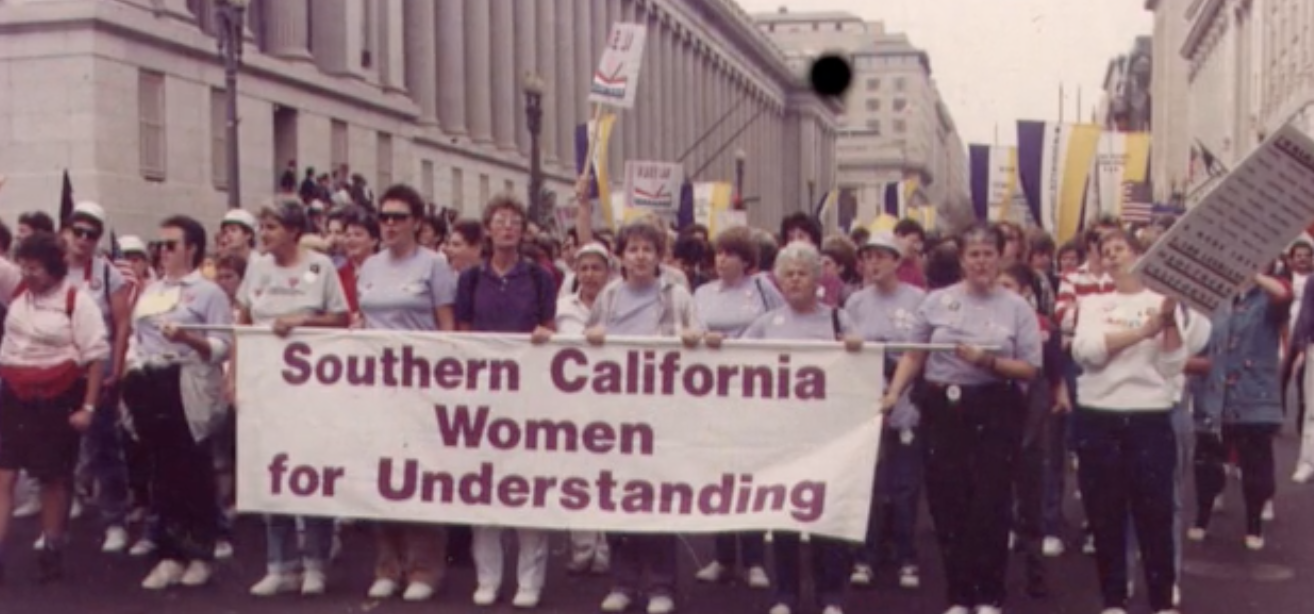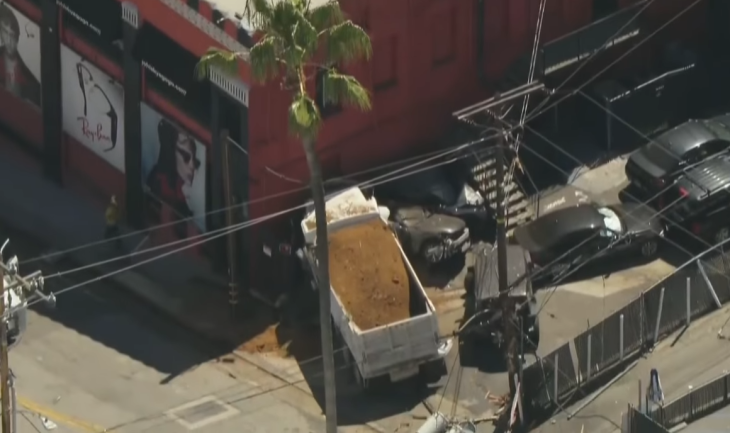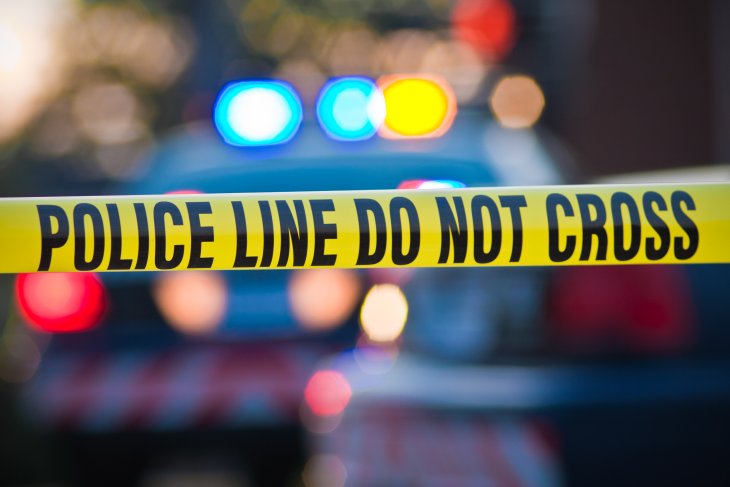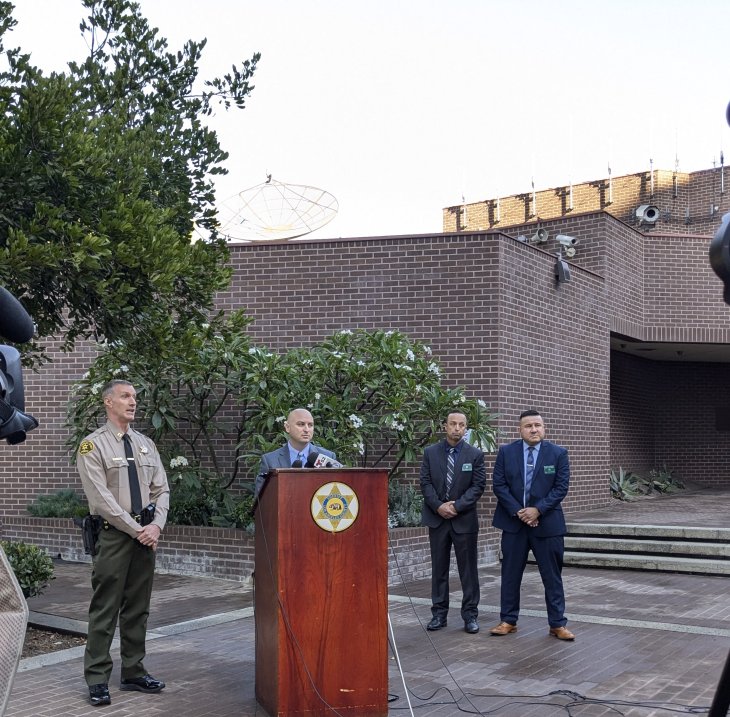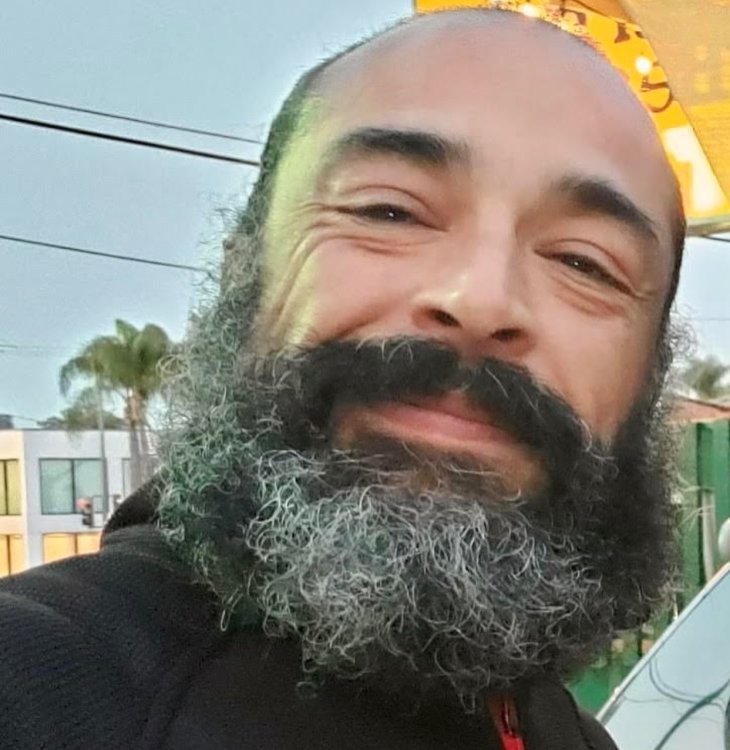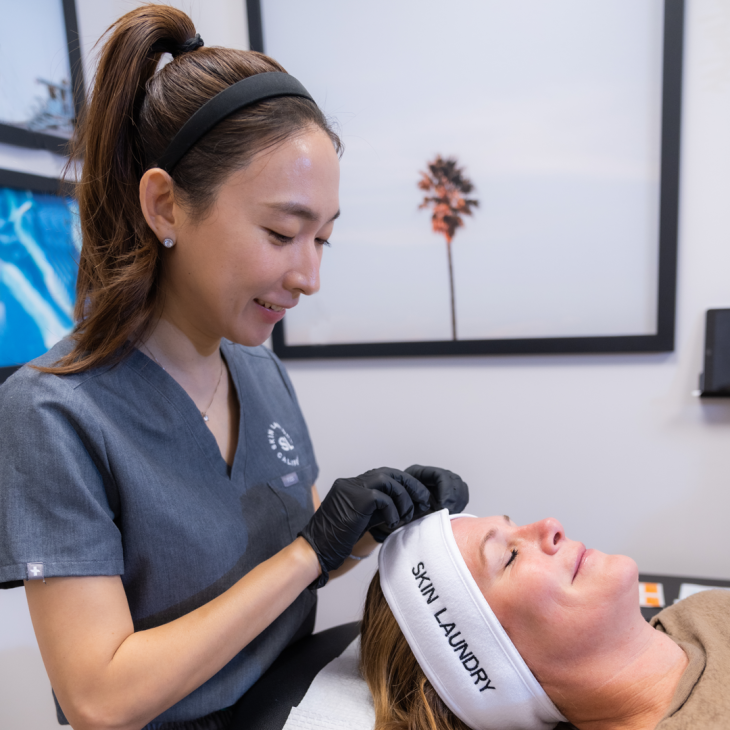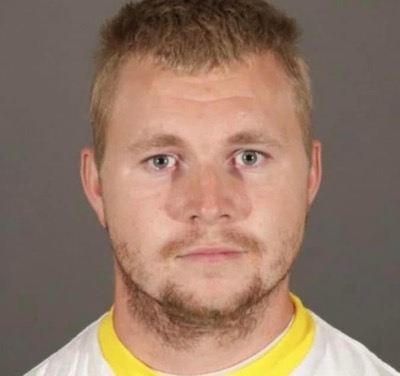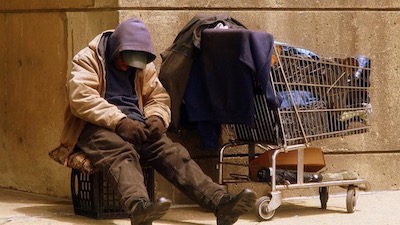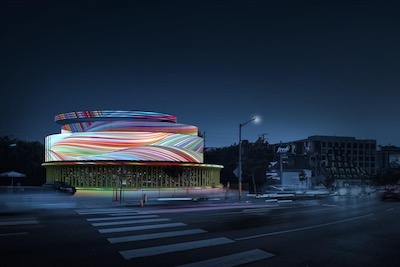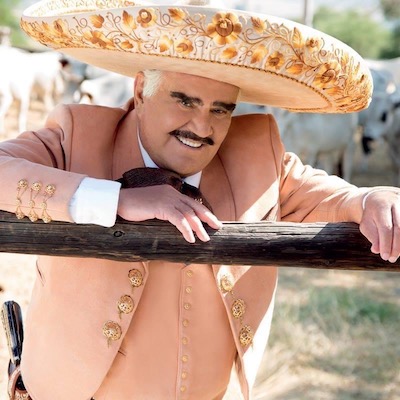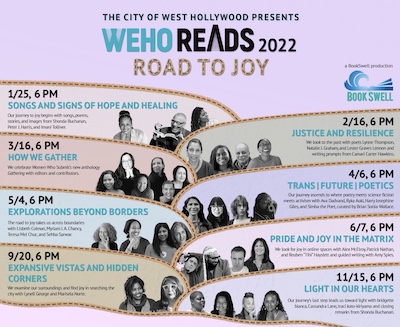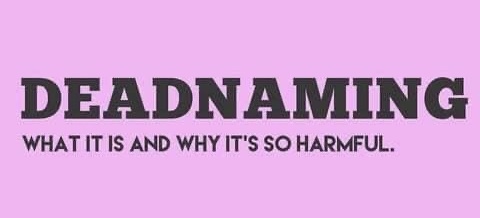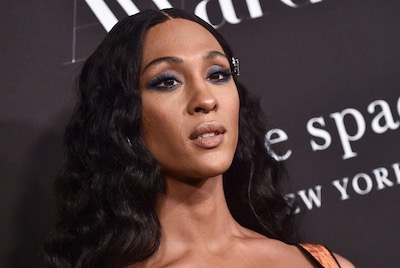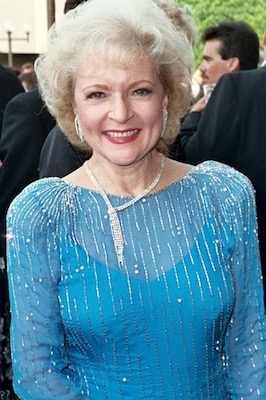When SCWU, or Southern California Women for Understanding, started up in 1976, it quickly became the largest lesbian society in Los Angeles, and potentially the rest of the country. For thirty years, the organization flourished under the leadership of Betty Berzon and Myra Riddell, two women with backgrounds in psychotherapy. In 1982, the queer paper Lesbian News deemed it the “largest lesbian support group” in the United States.
So why don’t you or I know about it?
Maybe it’s the fact that as a culture, we’re just starting to pay attention to women’s stories. Maybe it’s that queer women’s stories and initiatives have been regularly ignored or assumed to be less than newsworthy by the straight (and let’s be honest, even the queer) press. Whatever the reason, that’s all about to change.
“And Our Name Spells Lesbian! The Story of SCWU” just screened at Council Chambers in the West Hollywood library as part of the city’s leadup to Pride in June, in collaboration with WeHo’s Lesbian Speakers event series and the June Mazer Lesbian Archives, where the SCWU’s thirty years of archival materials are kept.

Started as part of a mission to “enhanc[e] the quality of life for [the lesbian] community and for lesbians nationwide, [promote] creative and positive exchange about homosexuality, [and] chang[e] stereotypical images of lesbians,” the organization was begun, in part, as a protest. When Myra Riddell, a psychotherapist and the eventual President of the Los Angeles County Commission for Women, decided to break away from the male-dominated group therapy spaces she moved in to start something completely by and for women, she got a fair amount of pushback. After meeting fellow therapist (and life partner) Betty Berzon in 1976, the two tried to use the Whitman-Radclyffe Foundation, a then-influential activist hub in Southern California, for their purposes. But instead of being encouraged by other members of the group, they found themselves being ignored and overshadowed by gay men with different concerns.
They took things into their own hands, establishing the SCWU that same year. Before this time, there had never been an open meetup for accomplished, professional lesbians who weren’t interested in hiding their sexuality. Still, the fact that so many women still feared being outed meant that Berzon and Riddell needed to be discreet about the name. By emphasizing the “understanding” part of the equation, the women could market the group as a place for openness and exploration, where women could come out in their own time, if and when they felt comfortable.

“We knew there was a tremendous, untapped pool of energy and talent among lesbians, particularly those who had achieved a level of success in their careers,” Riddell wrote in an article in 1999. “These women tended to be very isolated and closeted, and we realized our first goal would be to provide a safe environment.”
By the 1980s, the group was one thousand members strong, with new chapters popping up across the southern part of the state. Together, they fought harmful initiatives like the Briggs Measure in 1978 which, if passed, would have banned gays and lesbians from teaching in schools.
Berzon and Riddell both passed away before they could see the film: Berzon in 2006, Riddell in 2008. If they were still here, there’s no doubt they’d be pleased to see their hard work commemorated onscreen.

